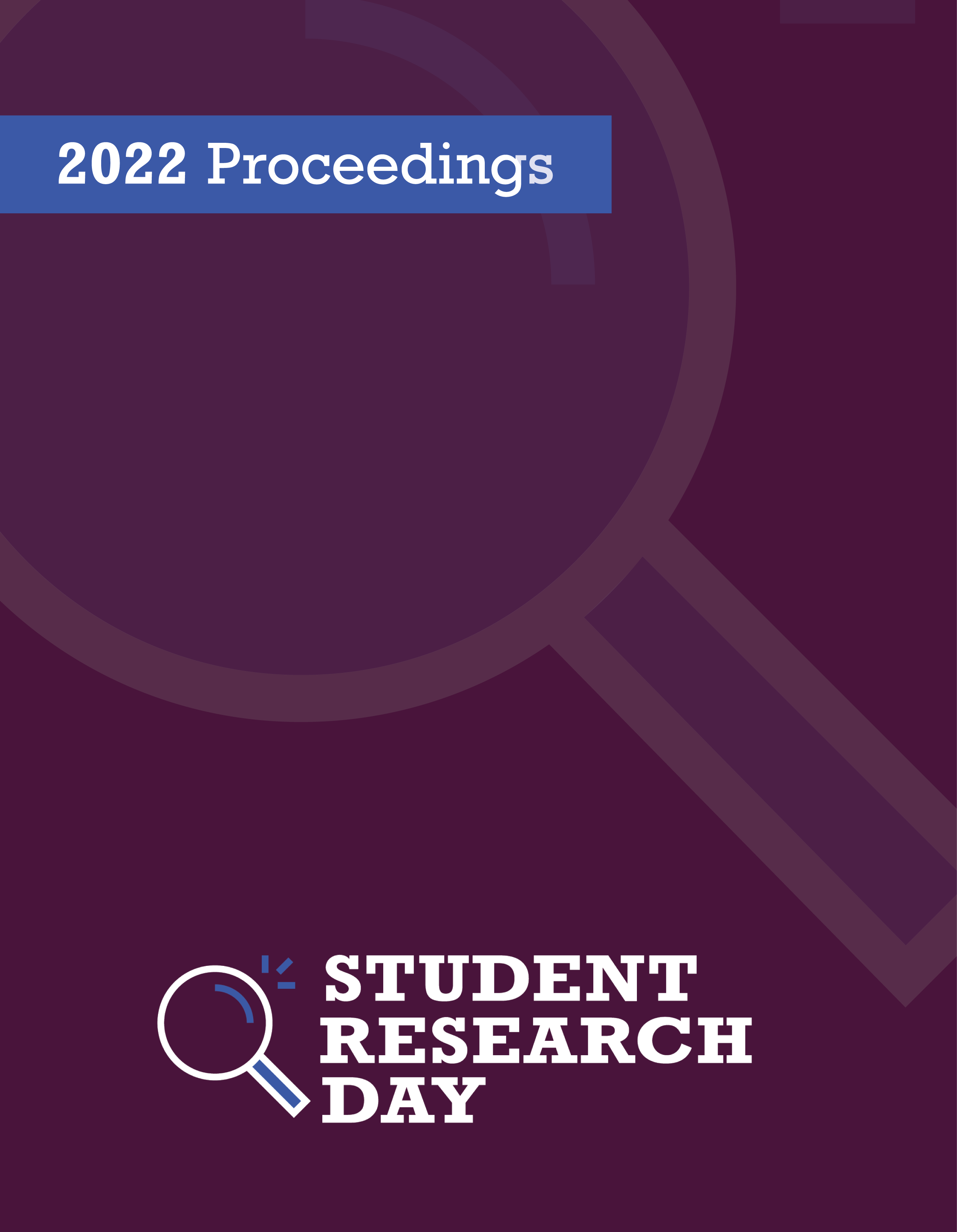Put Your Money Where Your Mouth Is: Psychopathic Traits, Priming, and Costly Helping
Abstract
Psychopathy is characterized by traits such as callousness, impulsivity, manipulation, and incapability of empathy. Research suggests that those high in psychopathic traits are incapable of altruism, yet recent studies have reported that psychopaths may engage in heroic helping, and that low levels of everyday helping behaviour can be mediated by prosocial priming. The present study seeks to investigate how psychopathic traits influence costly helping (i.e., helping another at a cost to oneself) as a function of a helping prime (no prime, prosocial, asocial, antisocial) and the remoteness of a charity (on-campus, local, national, international).
Participants (N = 320) will complete measures of mood, psychopathic traits, and empathy, followed by random assignment into one of the helping prime conditions. Following this, participants will play a standardized game designed to measure costly helping (i.e., the Altruism/Antisocial Game; AlAn’s Game; Sakai et al., 2012), that will involve decisions regarding monetary donations to one of four charities that vary according to their level of remoteness.
Throughout the game, participants will distribute $20 between themselves and the charity via their decisions. After the game, participants will be asked to make a real-time choice regarding how they want their participation funds distributed between themselves and the charity (i.e., do you want to donate all or some of the money to the charity or keep it for yourself?). This study has implications for understanding psychopathic traits in the context of costly helping, including whether priming and mood change either of the giving decision outcomes.
Department: Psychology
Faculty Mentor: Dr. Kristine Peace
References
Published
Issue
Section
License
Authors retain any and all existing copyright to works contributed to these proceedings.



